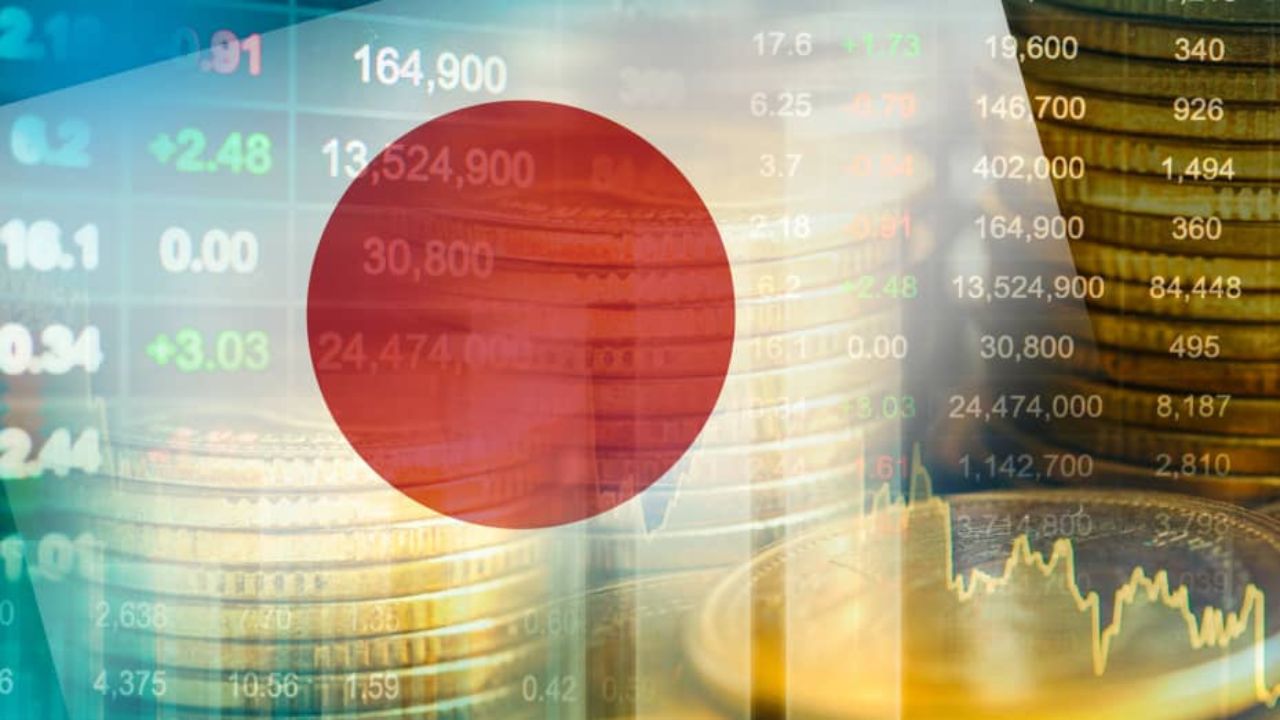Barely weeks after Japanese stocks reached three-decade highs, the country’s financial markets are on the brink of a significant shift not witnessed for almost a generation: rising interest rates.
With bankers attending remedial classes and trading rooms gearing up for potential market shifts, Japan’s monetary policy experiment with negative short-term rates could face an imminent exit by the Bank of Japan, potentially as early as June.
Anticipated Shifts and Symbolism:
Market indicators suggest that within months, the last stronghold of Japan’s long-standing monetary policy experiment could fall, signalling a potential rise to zero interest rates.
While a 10-basis-point increase may seem modest, the broader implications hinge on the timing and scope of any implemented changes, including the potential wind-down of the BOJ’s extensive asset-buying program, encompassing Japanese government bonds and listed equity funds.
This move holds heavy symbolism, marking Japan’s endeavour to move beyond deflation-laden “lost” years and reestablish itself as an attractive investment destination.

The impact is already reverberating through corporate Japan and global markets, ushering in what some analysts consider the beginning of a new economic era.
Implications for the Debt Market:
Japan’s 1.3 quadrillion yen ($8.7 trillion) government debt market could see significant implications.
Investors, anticipating a rise in central bank deposit rates, are positioning themselves to benefit from selling short-dated paper. This shift could prompt banks to redirect capital from bonds to cash, potentially reshaping the landscape of the Japanese debt market.
If a more substantial policy shift drives longer-term rates higher, Japanese investors, who currently hold around $2.2 trillion in foreign debt, may redirect their interest to domestic options. This potential pivot could have ripple effects on global bond markets.
Foreign Exchange Adjustments:
The foreign exchange market, accustomed to a short position on the yen, is undergoing a reversal as traders must now adapt to paying interest, albeit minimal, on the Japanese currency. This adjustment adds a new dynamic to currency market dynamics.

Equity investors, anticipating growth in loans and margins, have been enthusiastic about bank shares. However, as the policy shift draws near, nervousness has crept into the market.
The Nikkei, reaching a record high above 40,000 just last week, experienced its sharpest fall in five months on Monday, showcasing the evolving sentiment and caution among investors.
Analysts suggest that excitement about Japan’s economic trajectory and monetary policy evolving to resemble those of other countries is driving market attention.
As Japan emerges from a prolonged period of deflation, the equity market becomes increasingly attractive. Observers anticipate that bond and swap markets will follow suit, marking a broader transition toward a more normalized economic landscape.
